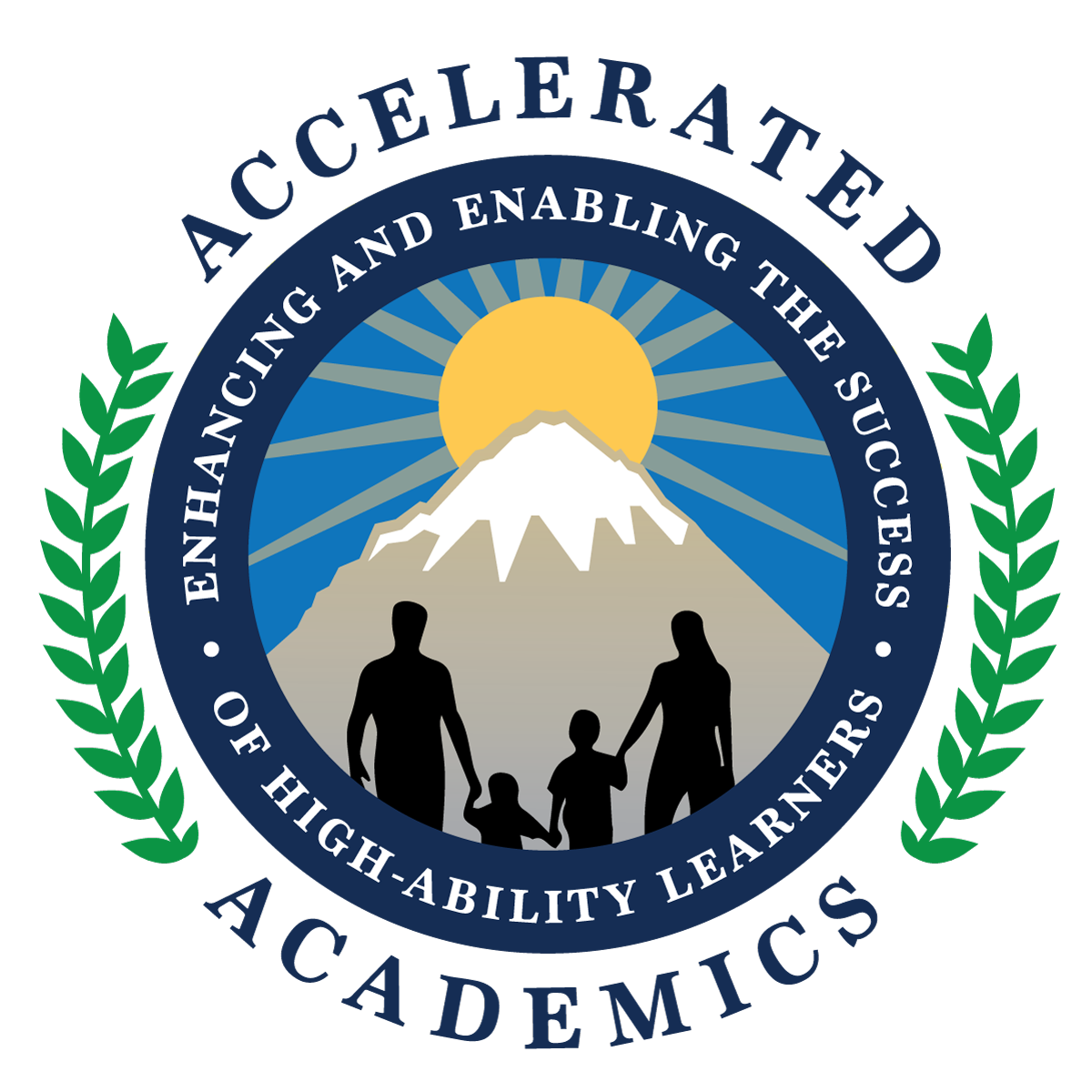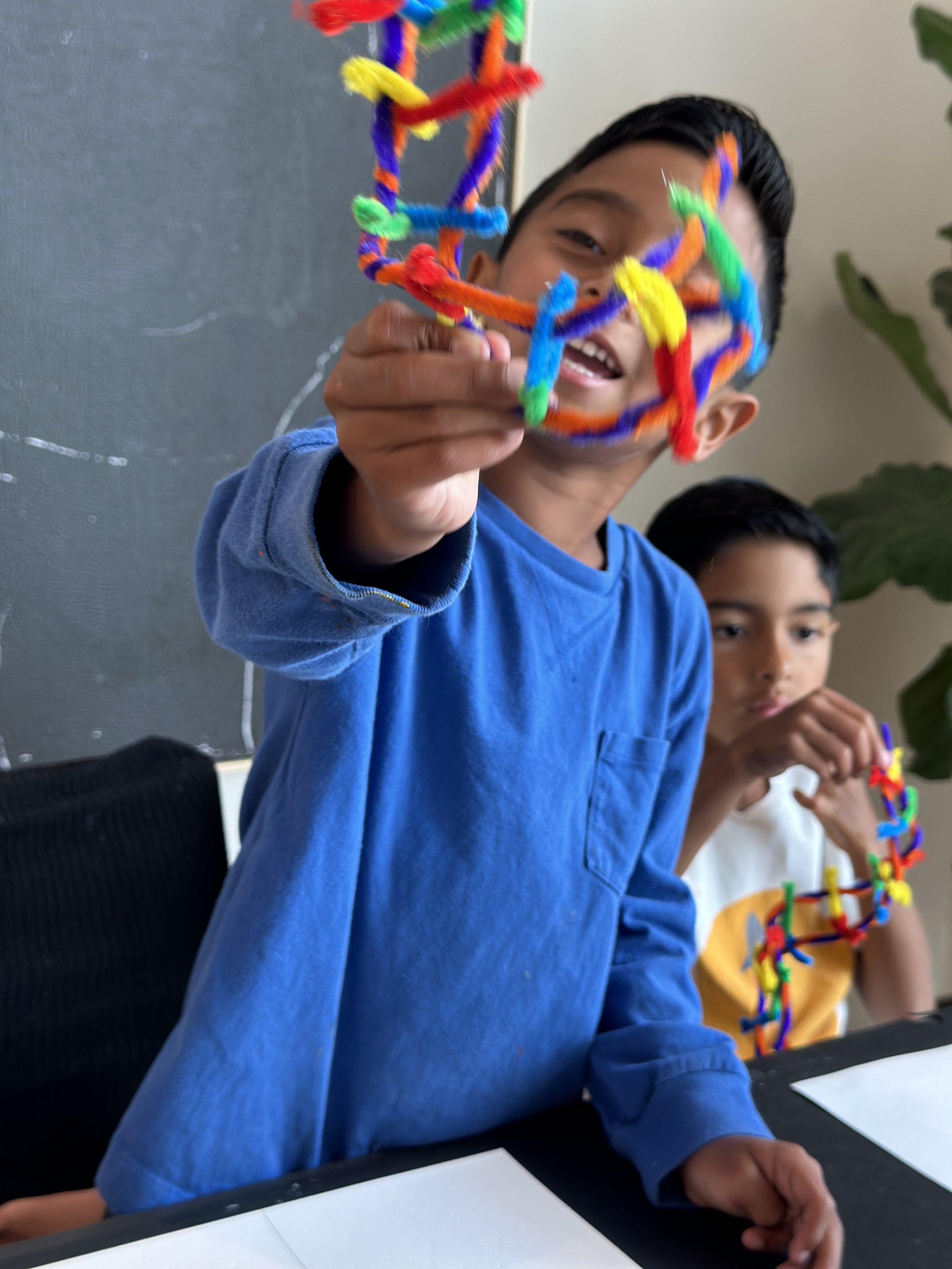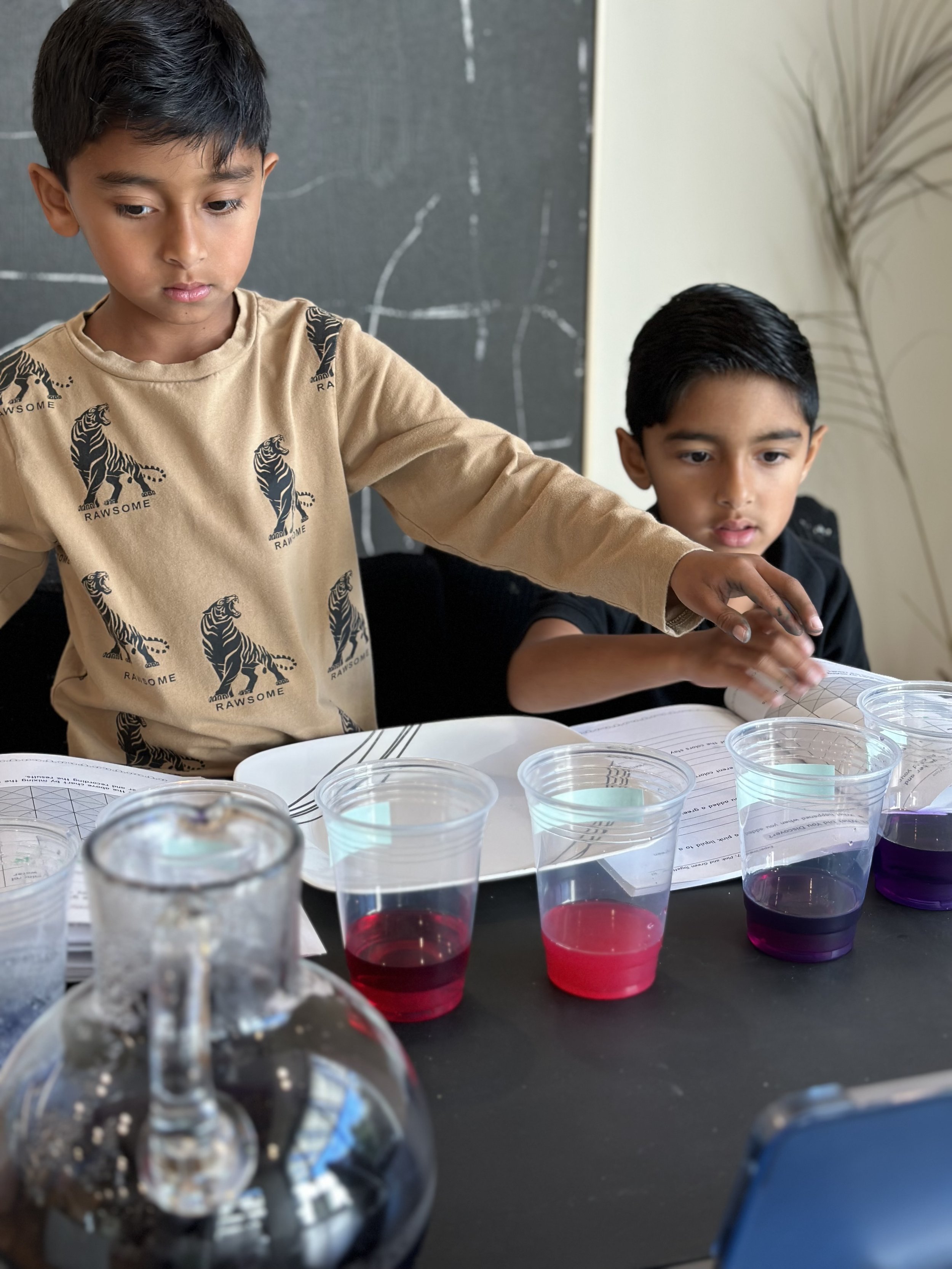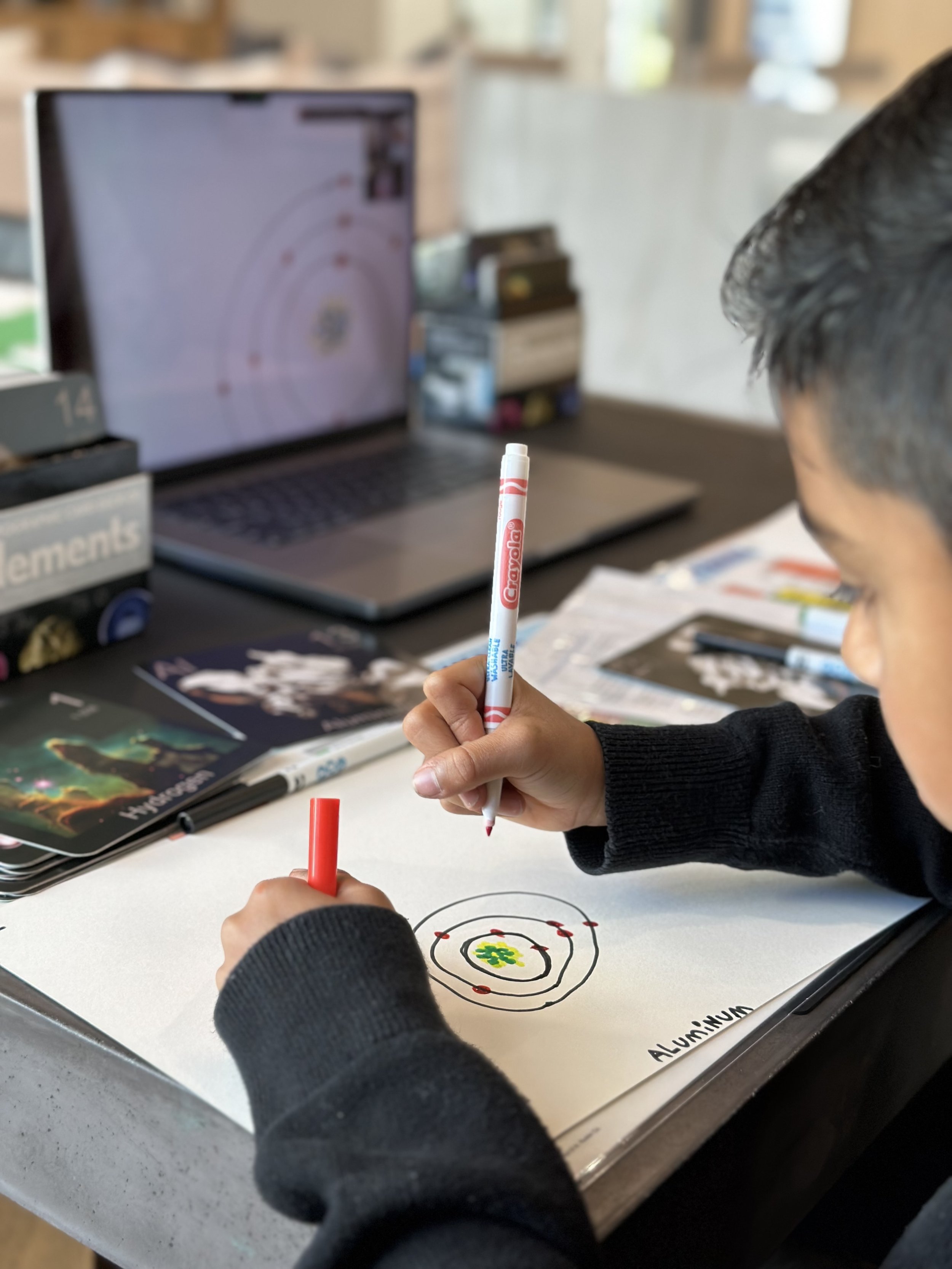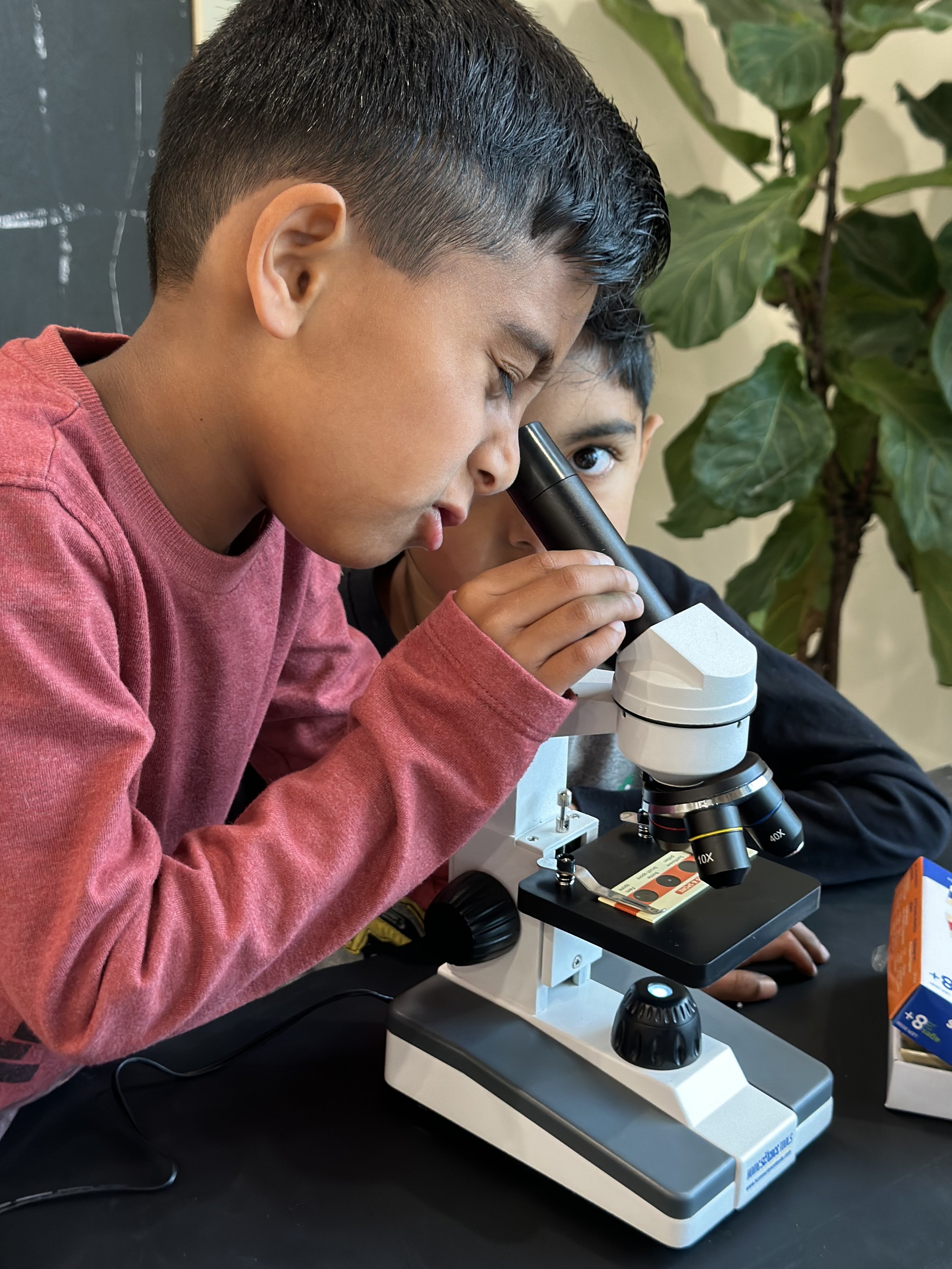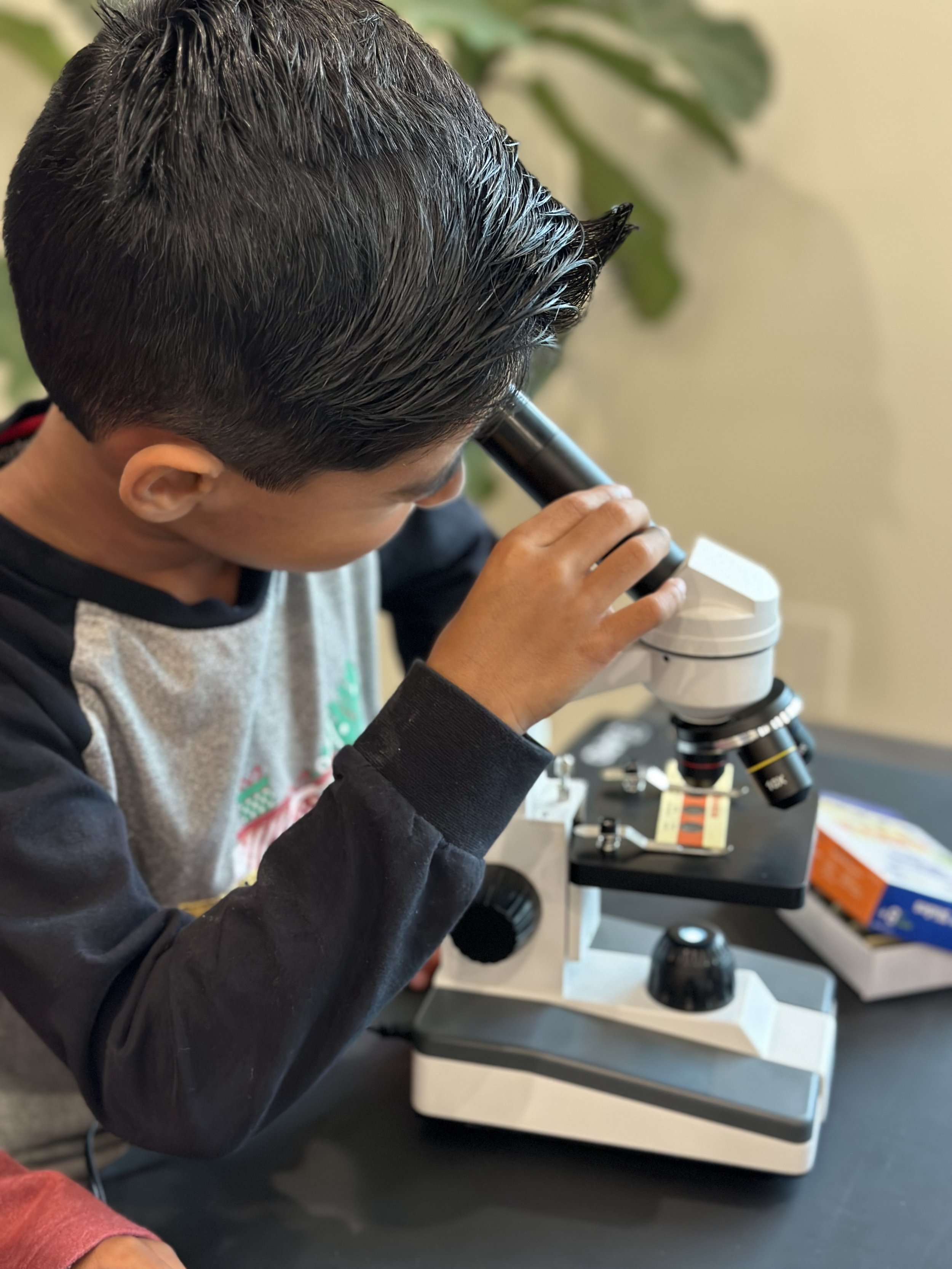What makes a recipe successful is the customization and enhancement of the ingredients by the cook for the enjoyment and health of the consumer. What makes a learning plan successful is the customization and enhancement of the learning opportunities by the parent/teacher for the socio-emotional health and academic engagement of the child. All children are different; and no one book of instructions is able to provide all the answers for successfully raising and educating any individual child. However, just like in a recipe book where a number of key ingredients are needed to create a delicious meal, a number of key strategies exist that can help you know and understand your child more thoroughly, thus enabling his or her success in life. At times, some of the ingredients in a recipe need to be adjusted in order to eliminate adverse reactions which might negatively affect certain customers. Sometimes specific ingredients need to be added to the recipe in order to enhance the flavor to suit an individual's taste or provide an additional level of enjoyment and nutrition. By exploring and understanding the learning styles, interests, reasoning abilities, and achievements of a child, one is able to create and customize an individualized learning plan (ILP) that will enhance, enable, and maximize his or her success.
Learning Styles
There are several different learning styles, meaning there are several different ways to learn. Knowing a child’s learning style allows the parent/teacher to adapt or modify the curriculum or curriculum delivery in a way that will maximize his or her learning potential. Types of learning styles include:
- Visual/Spatial: pictures, images, and spatial understanding
- Aural/Auditory-Musical: sound and music
- Verbal/Linguistic: words in speech and writing
- Logical/Mathematical: logic, reasoning, and systems
- Physical/Kinesthetic: body, hands, and sense of touch
- Social/Interpersonal: prefers to work and be with others
- Solitary/Intrapersonal: prefers to work and be alone
A child’s preferred learning style represents his or her strength. It is important to spend time working in his or her preferred style as well as working to develop the child’s least preferred or weaker style of learning.
Interests
Engaging a child in meaningful learning opportunities often depends upon the ideas and interests that he or she would like to pursue. Parents/teachers are important to the process of helping children think about and discover their own personal ideas, interests, and passions. Children as well as adults are more able to learn and retain information when they are studying things that are meaningful to them.
Reasoning Abilities
Children have varied levels of cognitive skills, many of which will change, grow, and adapt over a lifetime. Therefore, assessing a child for their cognitive reasoning abilities is a means to provide parents/teachers with insight into his or her learning potential. The results of such an assessment can help to identify learning disabilities so that instructors can provide remediation; or to identify giftedness and academic potential so that instructors can provide enriched learning experiences designed to develop a child’s gifts and talents.
Achievement
Assessing and evaluating a child’s achievement level provides parents/teachers with important baseline information that will help determine the academic level in which to start in order to reach maximum success. What does your child know? What does your child still need to learn? Does your child perform at the top percentile of the grade-level standardized achievement test in relation to same aged peers? If so, what is his or her true grade-level equivalency? Does he or she need to accelerate in some subjects or are there areas where he or she needs to catch up? These questions can be answered with the proper assessments and evaluations.
Children are unique and require an individualized approach to their education. Accelerated Academics, Inc. offers parents/teachers a number of evaluative tools that will provide information about their children’s strengths and weaknesses, how they learn, what they know, and how they think. This information is essential for creating a successful learning atmosphere that will nurture the socio-emotional health and academic engagement of the “whole child.”
